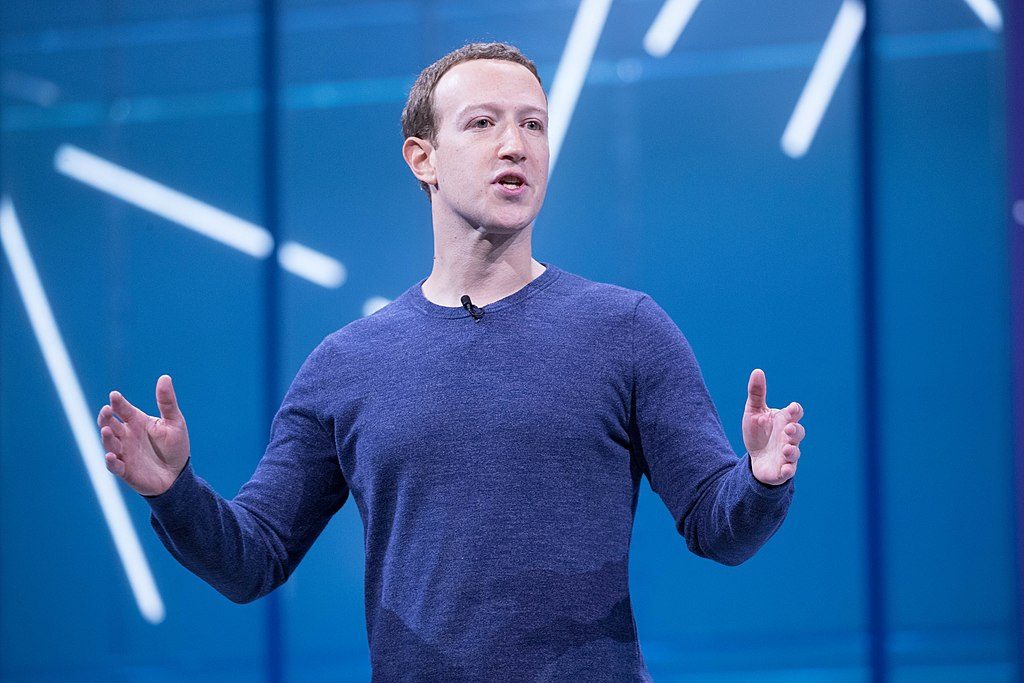Mark Zuckerberg, founder and CEO of internet giant Facebook, has made a donation of one million dollars (€879,000) to research into Parkinson’s Disease being carried out at the university of Leuven (KULeuven). The work is being carried out by the Flemish Institute for Biotechnology (VIB) and the tech spin-off IMEC, and aims to replicate part of the brain on a computer chip. “If we are successful, this will allow us to understand Parkinson’s better,” a spokesperson for the project said.
Reckoned to be the fourth-richest person in the world with a fortune of some €45.5 billion, Zuckerberg (photo) is nevertheless – unlike fellow mega-rich men like Bill Gates and Warren Buffet – not known for his philanthropy. The money comes from the Chan Zuckerberg Initiative, a fund for medical research set up by Zuckerberg with his wife Priscilla Chan, which received 700 applications for funding, of which nine were chosen, including the project from the VIB/IMEC. All projects are approved by Zuckerberg and Chan together.
Project leader, neurologist Professor Patrik Verstreken of VIB, explained what makes his research different from most Parkinson’s research, which tends to concentrate on treatment. “To find out what has gone wrong, living cells are required, whereas in Parkinson’s patients, those cells have already died off,” he said. “Our project should make it possible to study living cells.”
Over the coming three years, the team will take 16,400 skin cells and re-programme them into brain cells – already an established technique – each of which will be linked up to form a micro-circuit, which is the revolutionary part.
“By bringing the cells in contact with each other, we hope to be able to map the disease process of Parkinson’s,” Prof. Verstreken said. The micro-circuit can then be experimented upon harmlessly. “That could allow a massive leap forward in the development of treatment methods," he said.
Alan Hope
The Brussels Times

